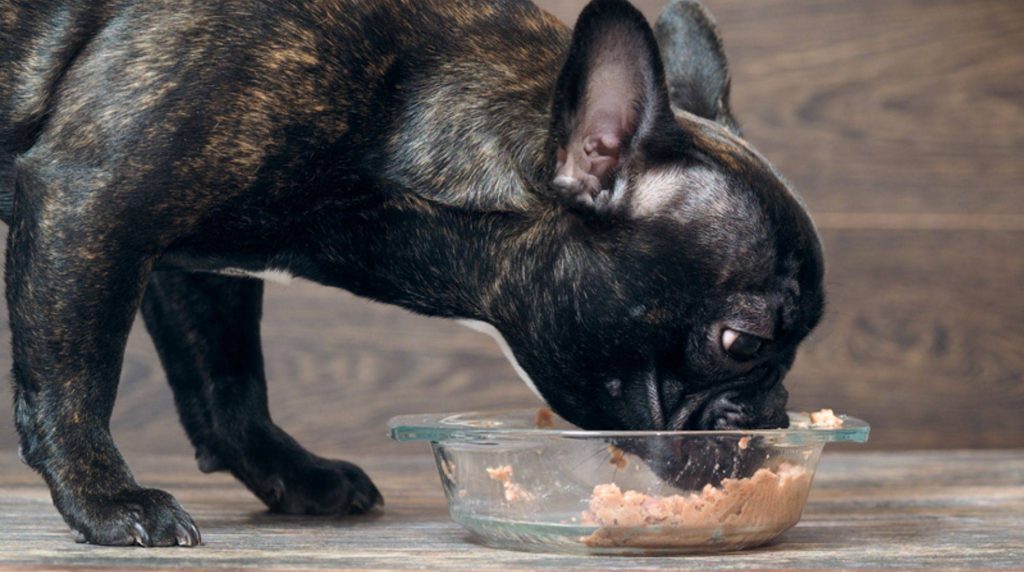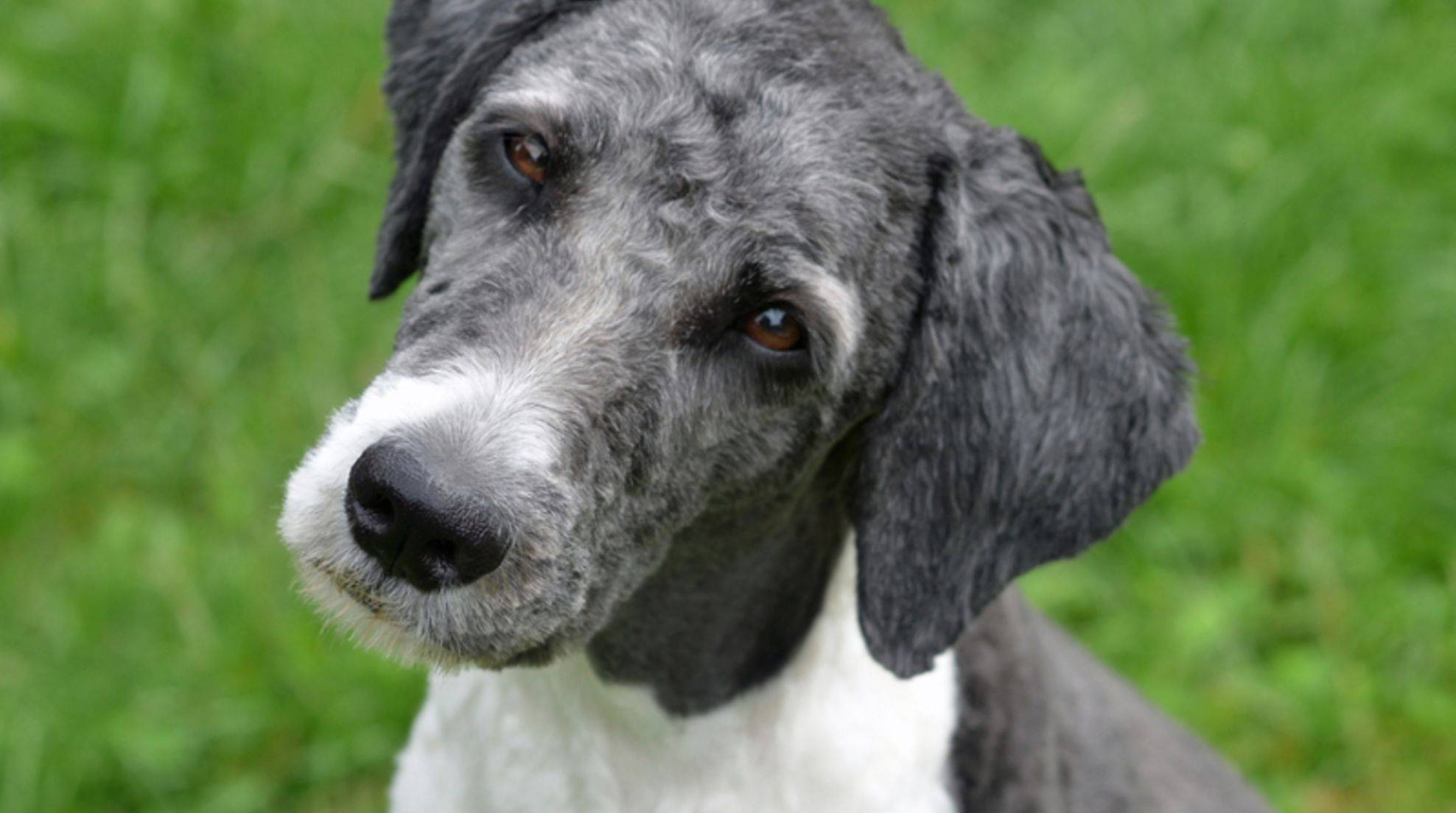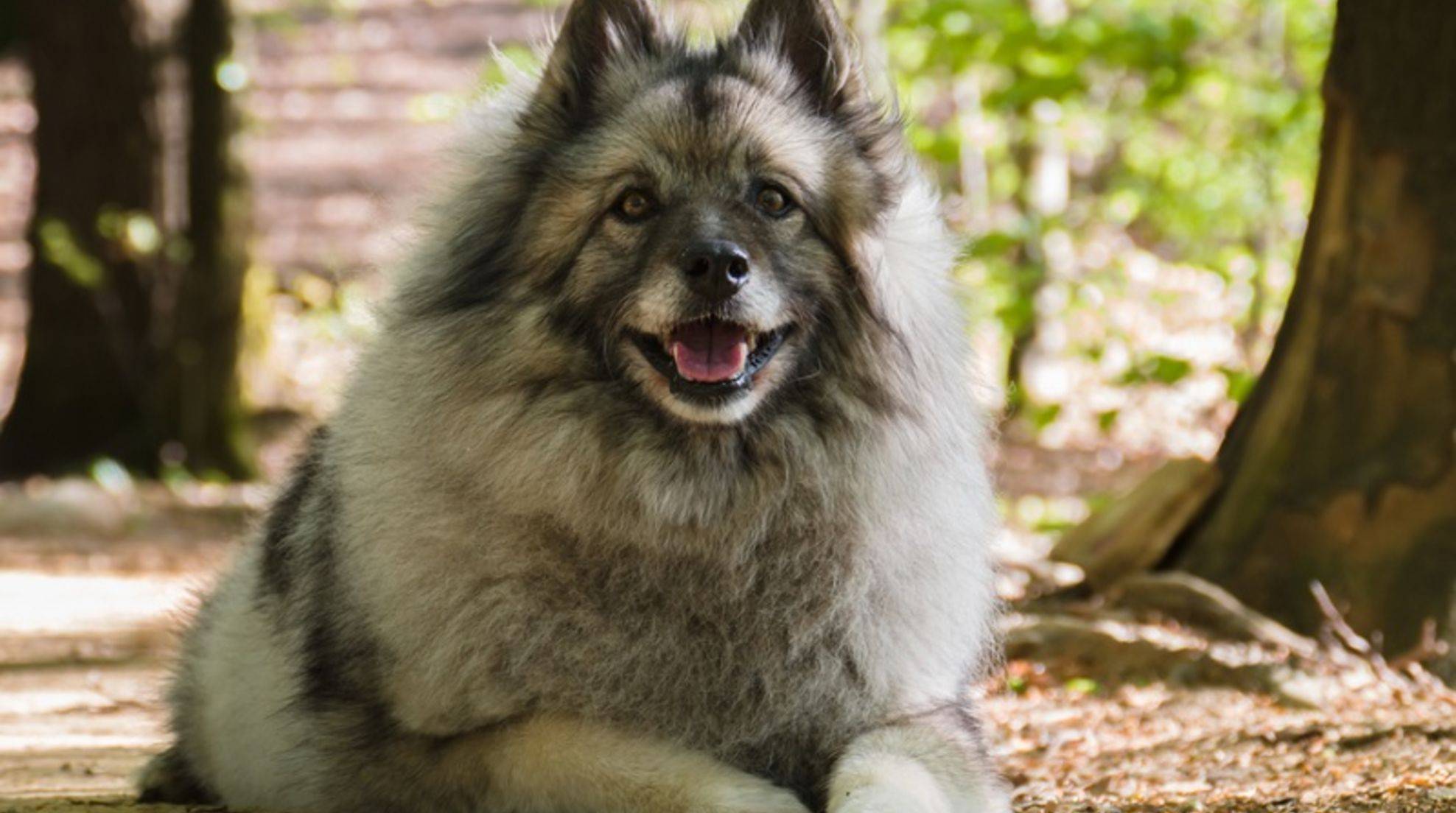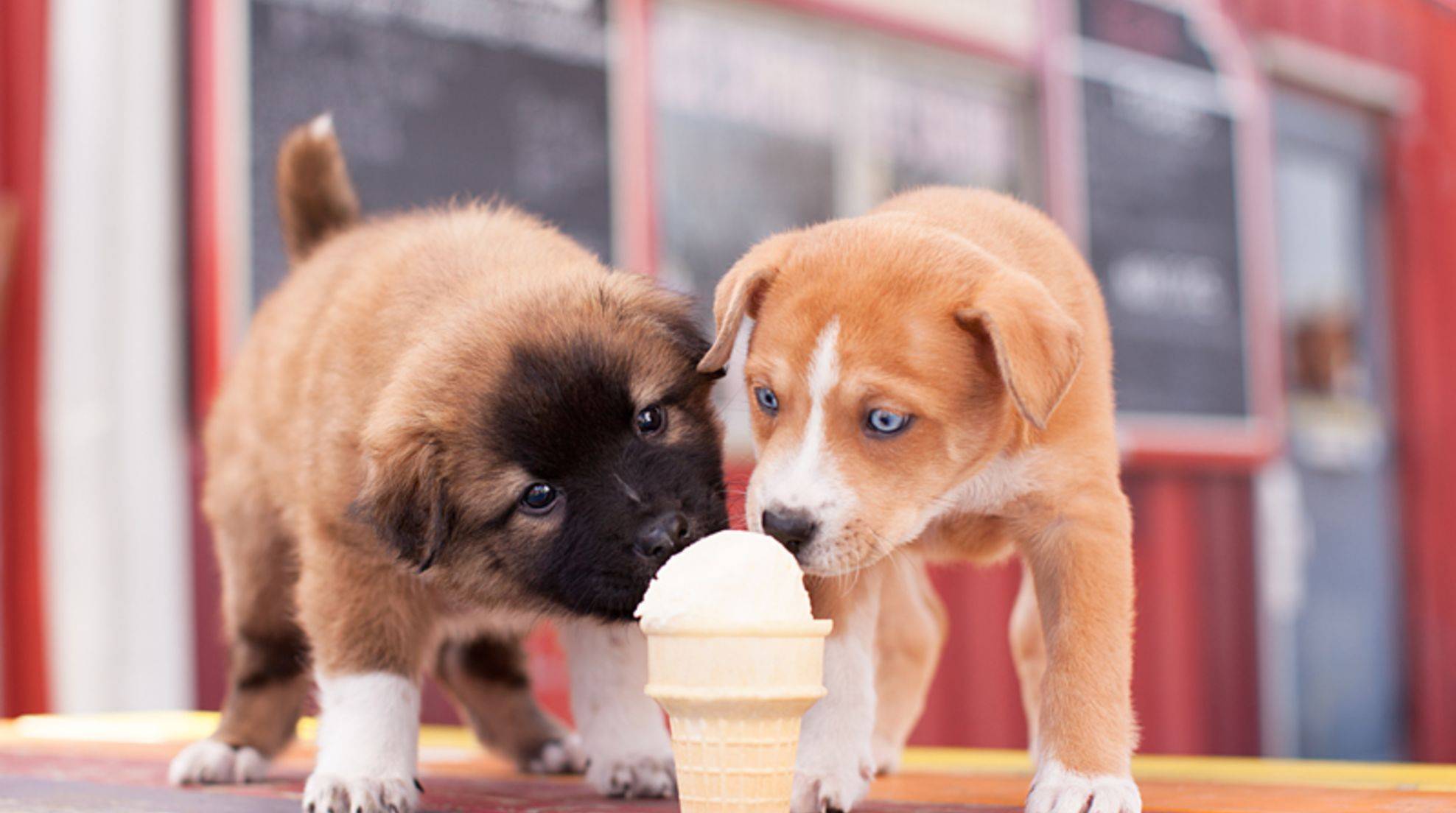Dog nutrition against stress for nervous four-legged friends
When it comes to dog nutrition, it’s not so easy to keep track of everything. Some dog lovers swear by barfing, others by high-quality ready-made food. If your dog tends to be nervous, restless or insecure, the right food can help relieve his stress. You can find tips on how to do this here.
However, it’s important not to rely solely on dog food when your four-legged friend is suffering from stress. Conditioned relaxation, the right dog sports and mental occupation for your dog also contribute to your animal friend being relaxed, balanced and happy. Nonetheless, diet has an impact on the brain’s neurotransmitter metabolism and this in turn affects your pet’s mood and behavior.
Carbohydrates important in dog nutrition
Unlike cats, dogs are not pure carnivores, but omnivores. While meat and high-quality proteins are essential, dogs also need carbohydrates for a healthy metabolism. British animal psychologist Roger Mugford has studied dog nutrition and its influence on dog behavior and found evidence that dogs are less aggressive when the protein content of their food is only 15 to 18 percent. The remaining 82 to 85 percent should be mostly carbohydrates and only a small amount of high-quality fats and oils, according to Mugford, because otherwise the food would be too high in calories and the dogs would quickly become overweight.
But which carbohydrate suppliers are healthy for dogs? You usually can’t go wrong with cooked potatoes, and dogs usually tolerate cooked sweet potatoes well, too. Whole grain rice is also a good source of carbohydrates, as is the so-called pseudo-grain quinoa. Real grains in dog nutrition are often demonized because low-quality convenience foods often use questionable-quality grains as fillers. However, high-quality whole grains such as barley, spelt, rye, millet or oats do quite well for most four-legged friends, provided you soak the grain in water overnight and boil it briefly. Otherwise, your dog won’t be able to digest it well and break down all the nutrients. Oat or millet flakes are also a possible addition to dog food.
Influence of the amino acid tryptophan against stress
Proteins are composed of so-called essential amino acids. One of these amino acids is tryptophan, which is converted into the messenger serotonin in the body after being absorbed through food. This messenger substance, in turn, is considered the “happiness hormone” because it contributes significantly to a positive mood and ensures balanced behavior. A lack of serotonin, on the other hand, causes depression in humans and animals and can promote aggressive behavior. That is, a dog diet against stress should stimulate serotonin production in the brain.
Now it would be too simple to simply feed more tryptophan so that the body metabolizes the amino acid into serotonin. Because other nutrients are involved in serotonin formation: Vitamin B6, folic acid and magnesium. In addition, the tryptophan content in the feed must be higher in relation to the other amino acids for it to have an effect on serotonin formation. This is the case, for example, with lamb meat, but there are also dietary supplements with tryptophan.
Caution. If your dog seems to suffer from stress, seems very restless and nervous, you should first go to the vet and have your four-legged friend checked out. It is quite possible that his behavior is indicative of a disease, and not so much to do with his diet. Also, before you give supplements, a previous visit to the vet is advisable. The doctor can give you tips on the correct dosage and composition and discuss with you whether the required nutrients can be covered by the dog’s diet alone.








